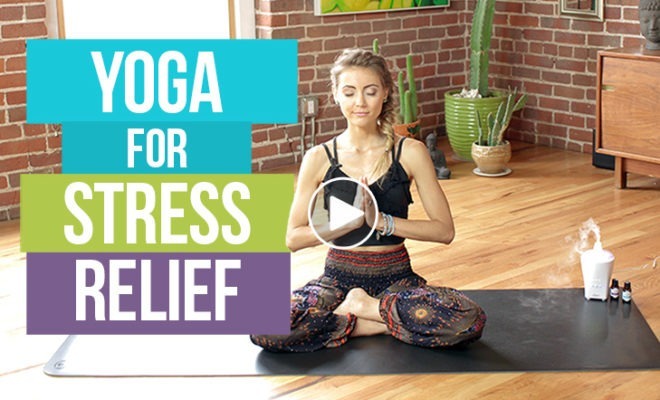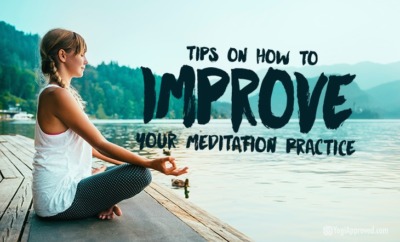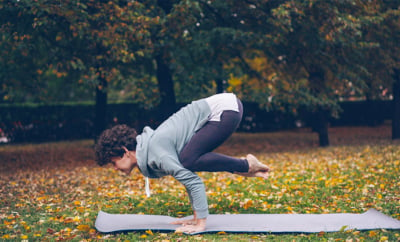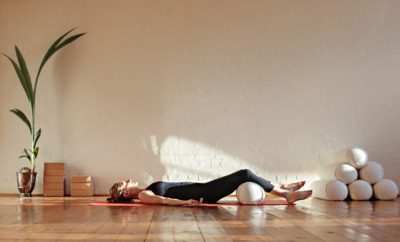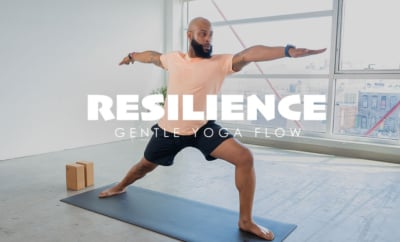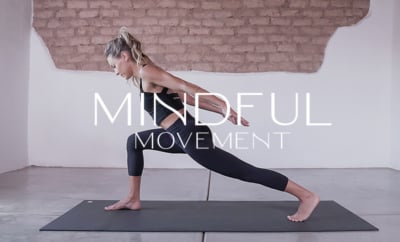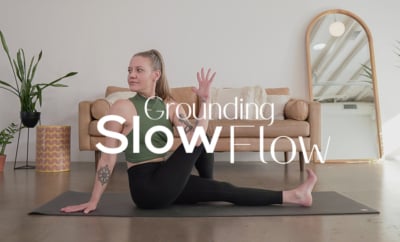The Key to Developing More Patience – This Works for Everyone!

I have been an impatient person all my life. It was impossible for me to wait for a call or text. If someone was just a few minutes late, my nerves would peak. It was difficult to read long books. Cooking was nearly unpleasant for the need of waiting, for the oven to heat up, to cut all the vegetables, to let the dough rise, etc.
I have recently established a theory for myself that detachment is the key to finding patience.
Without a doubt, practicing detachment from life’s small obstacles has truly transformed my ability to have patience.
The other day, I was waiting for a flight from Denver to New York when there was an announcement that our flight would be delayed for five hours. I headed to the nearest restaurant, but just as I made myself comfortable, I was notified that the flight was boarding – not in five hours, but right now – so I rushed out of the restaurant and back to the gate. We were boarded, and then de-boarded, then boarded again an hour later, sat on the runway for a bit, then brought back to the gate for a repair.
Without a doubt, practicing detachment from life’s small obstacles has truly transformed my ability to have patience.
Ultimately, we took off nearly four hours later than the original flight time.
It occurred to me, during this amazing back-and-forth, that this was an incredibly annoying situation. A situation that definitely would have really bothered me just a few months ago.
Yet I was able to look at the challenging situation and feel nothing towards it. No anger, no frustration or impatience – only simple detachment and peace.
I noted that I would rather be safe and late than rush to find a different flight or have the airline risk safety. I enjoyed commiserating with the other people on my flight, I ate my snack and read my book calmly. By choosing to be mindfully detached from the circumstances that were out of my control, I was able enjoy my time more than I would have if I was preoccupied by how late my flight was.
Yet I was able to look at the challenging situation and feel nothing towards it. No anger, no frustration or impatience – only simple detachment and peace.
The next time you find yourself in a situation that really challenges your patience, take a step back and allow yourself to evaluate the big picture. This requires a few things. First, you must practice mindfulness to become aware of your impulse to become impatient. Then, you must be willing to act instead of react by assessing why you feel this way.
Now that you’ve laid the groundwork, ask yourself these questions the next time you find yourself in a challenging situation that tests your patience:
1. Step back. Is this actually a big deal? Will you be affected by this current situation next week? Next month? Or even tomorrow?
- If yes, can you do anything about it right this moment?
Yes: Start by doing one thing to help change the situation. Take it one step at a time – what is something you can do right now to make a change?
No: Then calming down IS the only thing you can do right now. You are not attached to this problem at this time, and the future does not yet exist. This may be a problem for your future Self, but not this Self. Make a distinction between the things that brush against your life and the things that are actually part of your life. You will find that there are many more things affecting your mind than are actually affecting your Self. - If no, proceed to number two
2.If the answer is no, then the only problem is your impatience itself. Separate your Self from the present “problem.” You are not connected to this problem – it’s your emotions that are. Instead, center your focus on calming down. How?
- Distract: Find a task that will keep you occupied. Read a book, listen to music, catch up on emails, cross something off your to-do list, etc.
- Let go: This is cliché . . . because it works. Pretend that all of this stressful energy is gathering into your center as you take a big inhale. When you exhale, let it all out and imagine your mouth as a spout or see it escaping you like a dragon breathing fire. See the stress and impatience drifting away as you inhale fresh, clean air. Repeat.
- Get moving: Run, if that calms you down, take this video on Yoga for Stress Relief, go for a walk, stretch. Not only does this ease your mind from the situation; it also brings new oxygen to the blood, improves circulation, and generates endorphins to help you get back to feeling good.
Detachment, or peaceful separation from a problem or obstacle can improve your patience. Recognizing that you can care and have an opinion on what is going on around you without suffering extreme emotional consequences from it is a remarkable freedom that mindfulness and detachment can uncover for you.
How can you use this skill in your own life? Have you noticed this effect from your mindfulness practice? Let us know in the comments below – we love hearing from you!


This Month's Letter
From the Editor
Monthly motivation and food for
thought from our founder.

